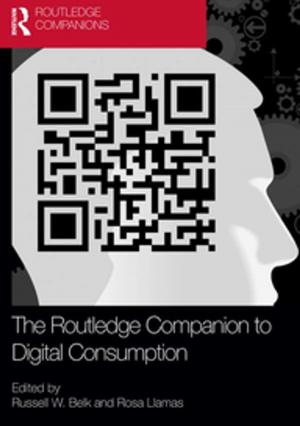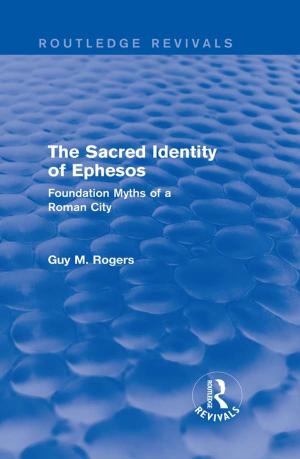| Author: | ISBN: | 9781317247791 | |
| Publisher: | Taylor and Francis | Publication: | October 2, 2017 |
| Imprint: | Routledge | Language: | English |
| Author: | |
| ISBN: | 9781317247791 |
| Publisher: | Taylor and Francis |
| Publication: | October 2, 2017 |
| Imprint: | Routledge |
| Language: | English |
In 1972, Matthew Lipman founded the Institute of Advancement for Philosophy for Children (IAPC), producing a series of novels and teaching manuals promoting philosophical inquiry at all levels of schooling. The programme consisted of stories about children discussing traditional topics of ethics, values, logic, reality, perception, and politics, as they related to their own daily experiences. Philosophy for Children has been adapted beyond the IAPC texts, but the process remains one of an open community of inquiry in which teachers promote respect, conceptual clarity, critical judgement, and active listening without imposing their own ideas.
Philosophy in Schools describes the successes and difficulties in implementing this community of inquiry model. The book covers topics including the formation of non-didactic courses in ethics, the difficulties of fitting a post-compulsory philosophy course into a standard curriculum framework, and the political assumptions of adopting this model in a low socio-economic school. The contributions also ask deeper questions about how a genuine community of inquiry model is incompatible with conventional models of schooling, with their positioning of the discipline of philosophy in the curriculum. This book was originally published as a special issue of Educational Philosophy and Theory.
In 1972, Matthew Lipman founded the Institute of Advancement for Philosophy for Children (IAPC), producing a series of novels and teaching manuals promoting philosophical inquiry at all levels of schooling. The programme consisted of stories about children discussing traditional topics of ethics, values, logic, reality, perception, and politics, as they related to their own daily experiences. Philosophy for Children has been adapted beyond the IAPC texts, but the process remains one of an open community of inquiry in which teachers promote respect, conceptual clarity, critical judgement, and active listening without imposing their own ideas.
Philosophy in Schools describes the successes and difficulties in implementing this community of inquiry model. The book covers topics including the formation of non-didactic courses in ethics, the difficulties of fitting a post-compulsory philosophy course into a standard curriculum framework, and the political assumptions of adopting this model in a low socio-economic school. The contributions also ask deeper questions about how a genuine community of inquiry model is incompatible with conventional models of schooling, with their positioning of the discipline of philosophy in the curriculum. This book was originally published as a special issue of Educational Philosophy and Theory.















